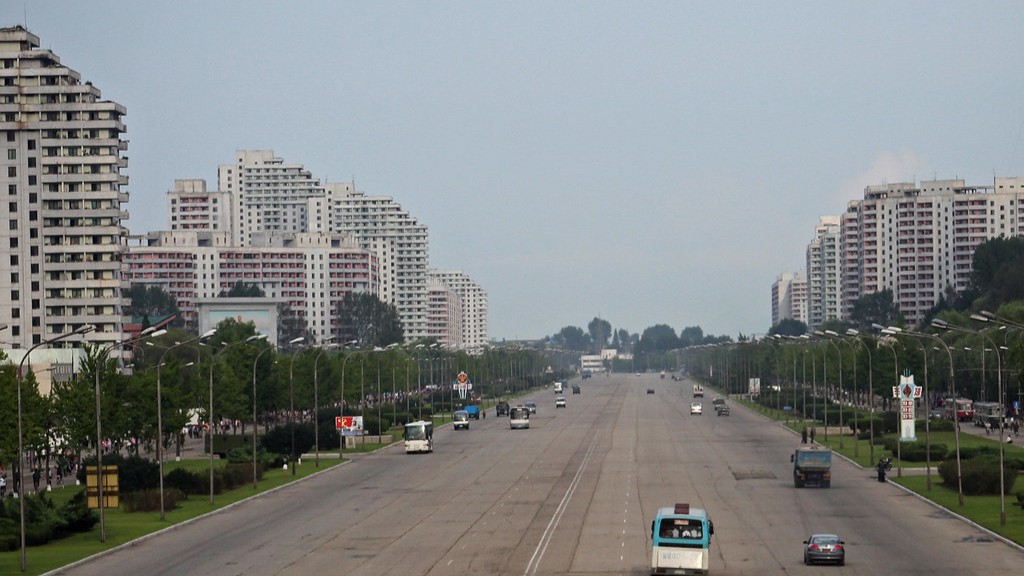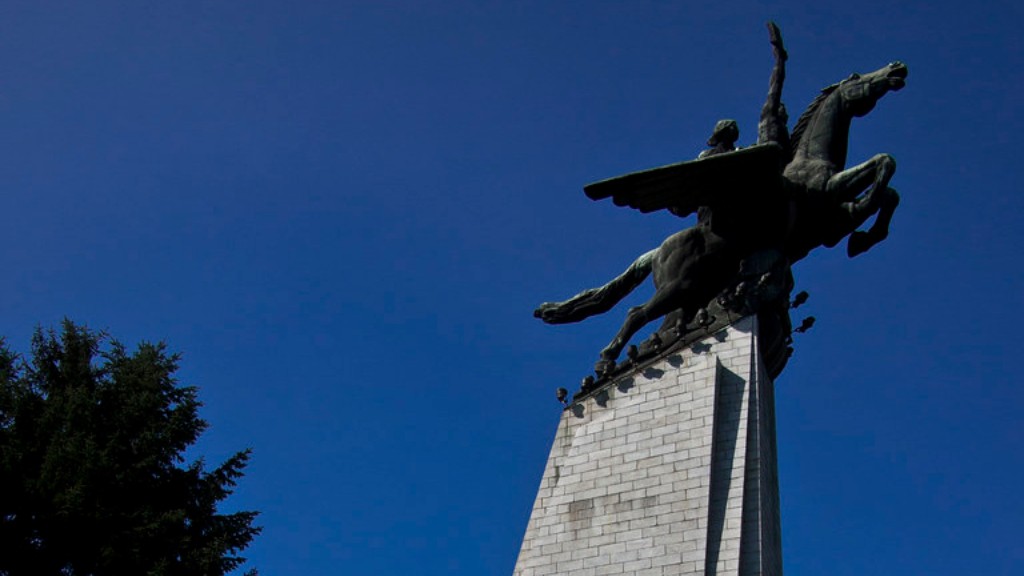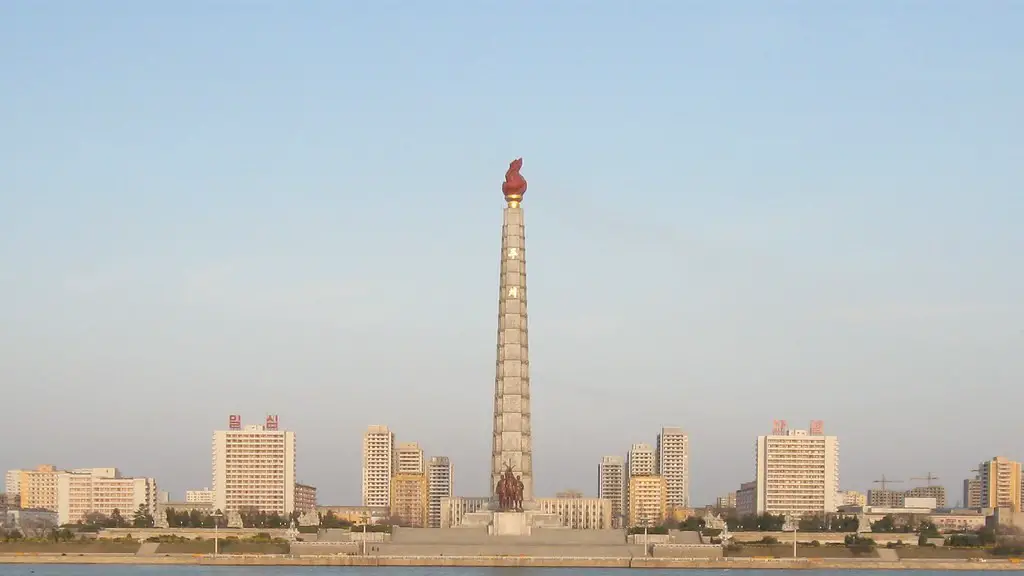Political oppression
North Korea has long been one of the world’s most oppressive countries. Its totalitarian regime has severely limited the freedom of its citizens, who are required to abide by strict laws that must be followed or else face harsh punishments. Many human rights violations have taken place in North Korea, including the suppression of freedom of speech and the forced labor of political prisoners. Life in North Korea is difficult and dangerous. People are regularly monitored and those who are perceived to be critical of the government are at risk of being arrested, tortured, and even executed. This culture of fear keeps many from leaving the country, as they fear what repercussions may occur if they are caught.
Resource scarcity
In addition to oppressive political conditions, life in North Korea is characterized by severe resource scarcity. As a result of severe economic sanctions imposed on the country by the United Nations, North Korea has experienced extreme poverty. Food and medical shortages are commonplace, and the infrastructure is crumbling. This makes it extremely difficult for people to survive in North Korea, let alone leave the country. Most North Koreans do not have access to the financial resources or means of transportation required to leave the country, making escape nearly impossible.
Strict border control and surveillance
North Korean citizens are not allowed to travel outside of the country without specially approved travel documents. Even if someone is able to find the means to buy a ticket and pass through the border, they still face strict surveillance from the government. There are reports of unmarked police vans regularly patrolling the border, searching for would-be escapees. If caught, the escapee is likely to be arrested, tortured, and possibly even executed.
Broken families and fear of leaving loved ones
The restrictions on travel also mean that many North Koreans are unable to reunite with their families who have already left the country. This often leaves people feeling trapped and unable to leave, as they fear the repercussions that their loved ones may face if they are to leave without them. This can keep families separated and make it impossible to leave the oppressive atmosphere under which many North Koreans live.
Consequences of leaving
The consequences of leaving North Korea are severe and often far reaching. Those who attempt to flee the country without government permission face harsh punishments, including forced labor, imprisonment, and even execution. As such, many North Koreans decide to stay despite the risks, as they are unwilling to risk the consequences of leaving.
Cognitive dissonance
North Korea is deeply engrained in its citizens’ minds. Many believe that leaving the country would be akin to betrayal and are thus discouraged from doing so. This “cognitive dissonance”, as it is called, is a powerful force that deters people from leaving.
International community
The international community has taken steps to help North Koreans escape and integrate into society. The UN has offered various resettlement and protection programs for refugees, in addition to implementing economic sanctions against North Korea. These initiatives have helped to bring some North Koreans to safety, however more needs to be done in order to ensure that North Koreans are able to safely and securely leave the country.
The Way Forward
To ensure that North Koreans are able to leave and seek safety, the international community must continue to pressurize the North Korean government to end its oppressive regime and ensure that its citizens can enjoy the same freedoms as people in other countries. This may be done through diplomatic channels, or through economic and humanitarian aid. It is also important that the international community works to ensure safe passage for those escaping the country, and works to provide them with resettlement and employment opportunities upon arrival.
A culture of trauma
The experience of living in oppressive conditions and facing the constant risk of persecution leaves its mark on those who experience it. Many who escape North Korea suffer from post-traumatic stress disorder, depression, and even addiction. This is why it is so important for the international community to provide refugees with access to psychological and medical support, as well as economic opportunities upon arrival in order to help them to adjust and cope with the trauma they have experienced.
Raising awareness
Raising public awareness is also key to helping North Koreans escape. By educating the public on the realities of life in North Korea and the struggles of its refugees, the international community can mobilize and create pressure to protect North Koreans, who are often forgotten and neglected in the global political arena.
Providing aid
Finally, providing humanitarian aid to those in need is a crucial element in helping those fleeing North Korea. By strengthening relief efforts, the world can create a path for North Koreans to travel safely from their homeland and begin anew.


